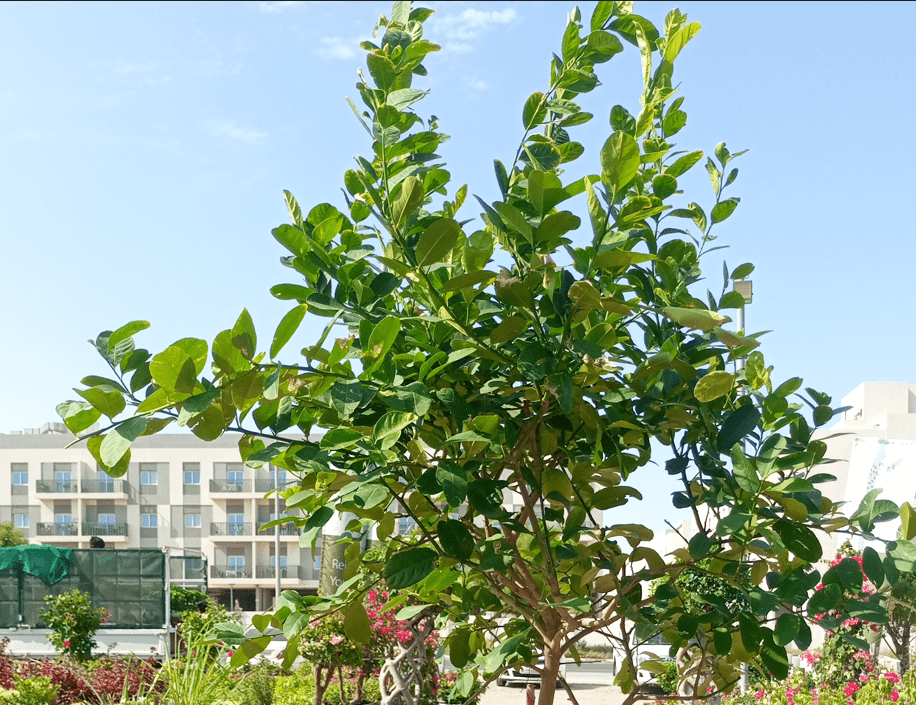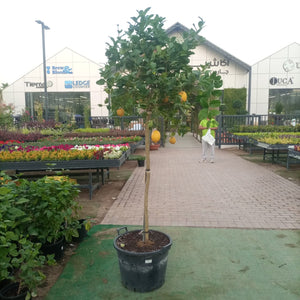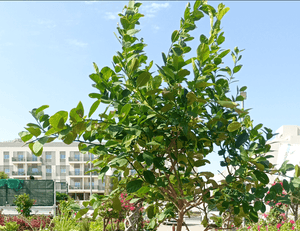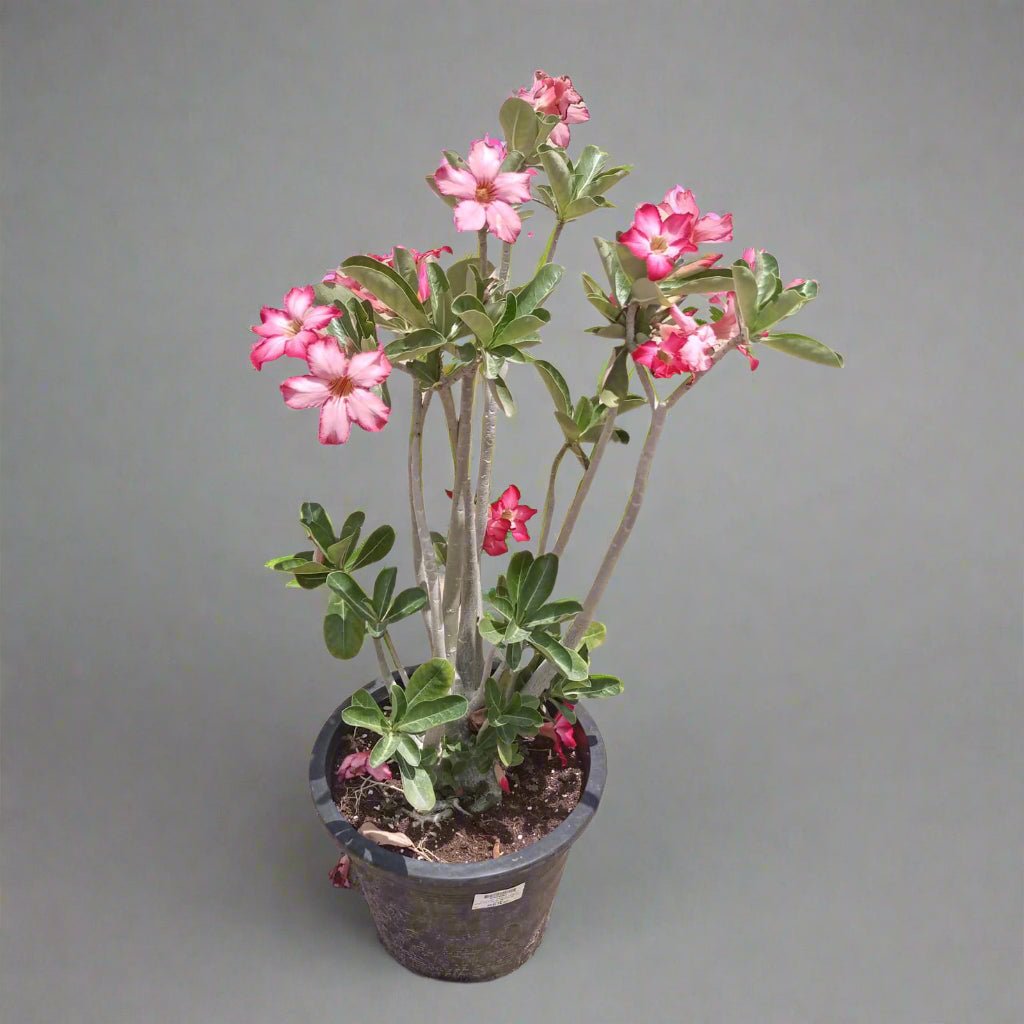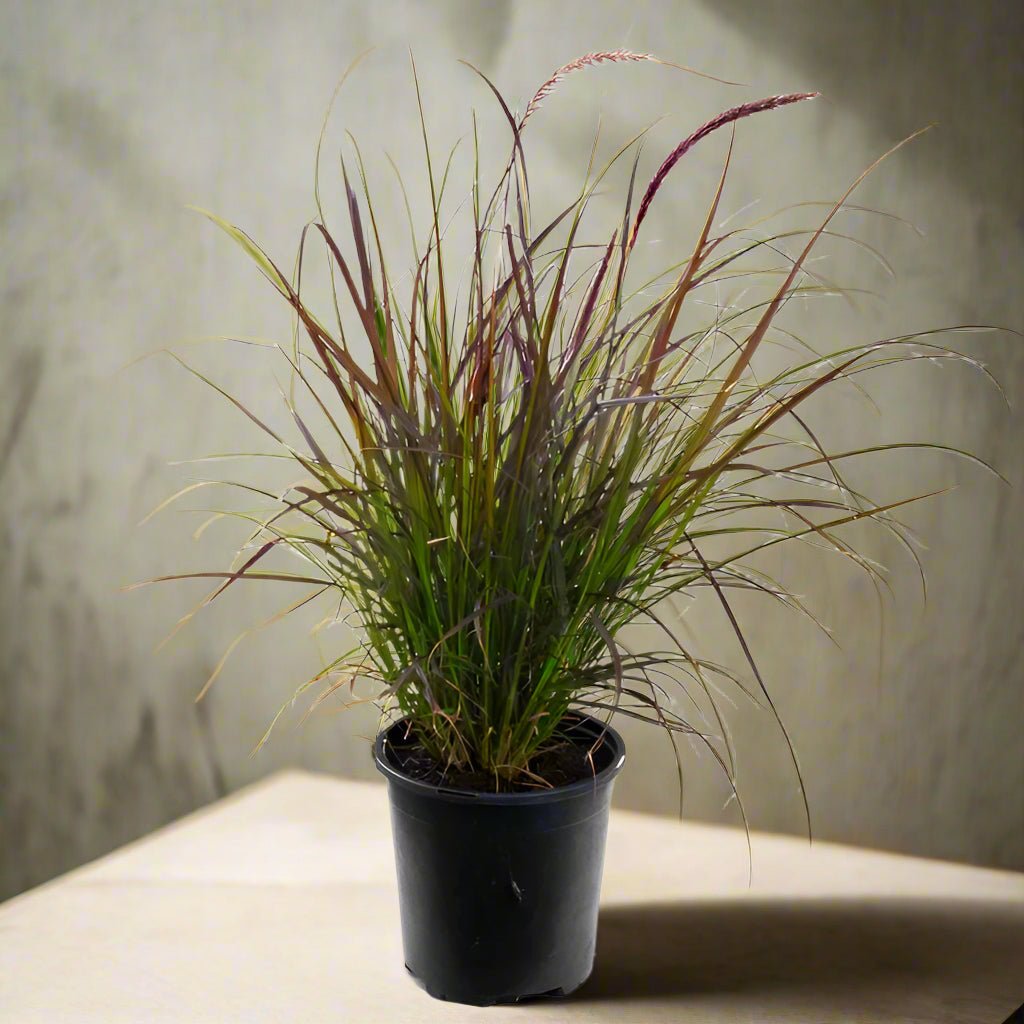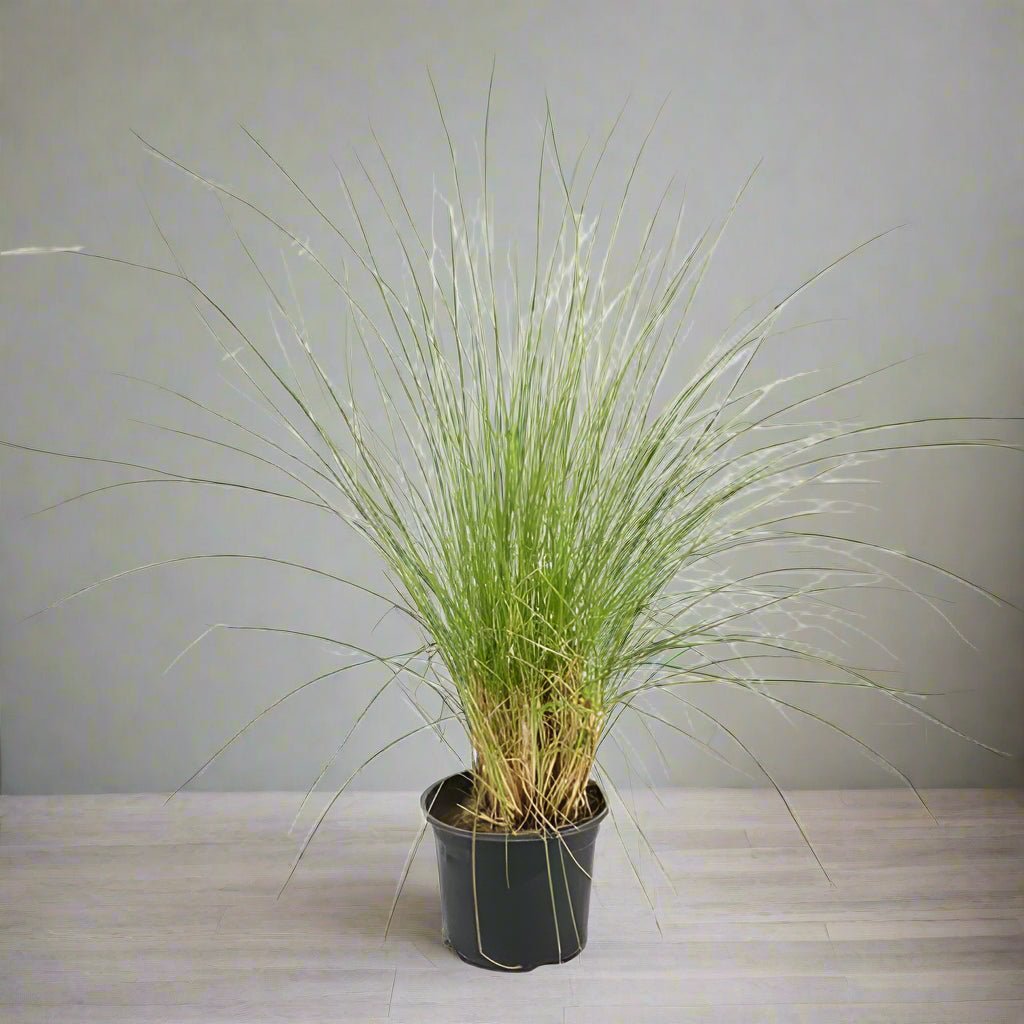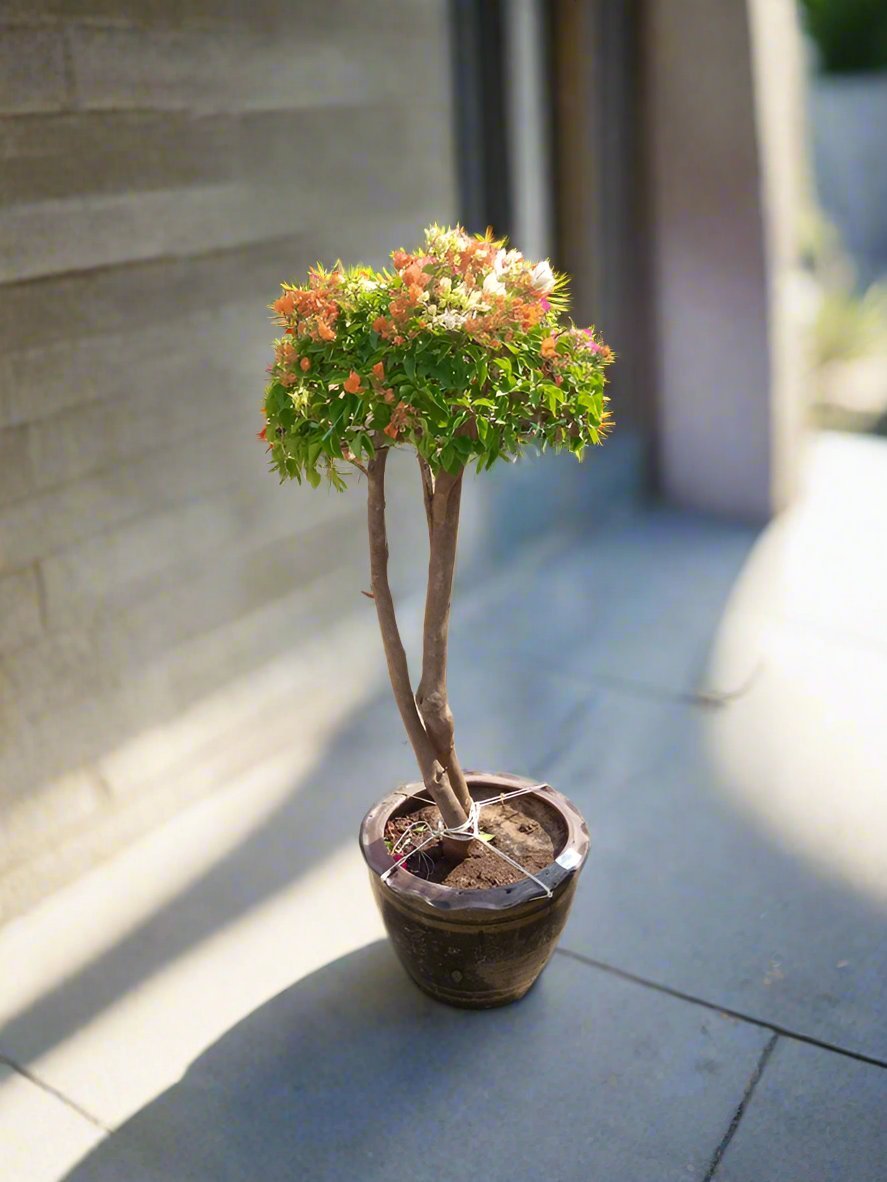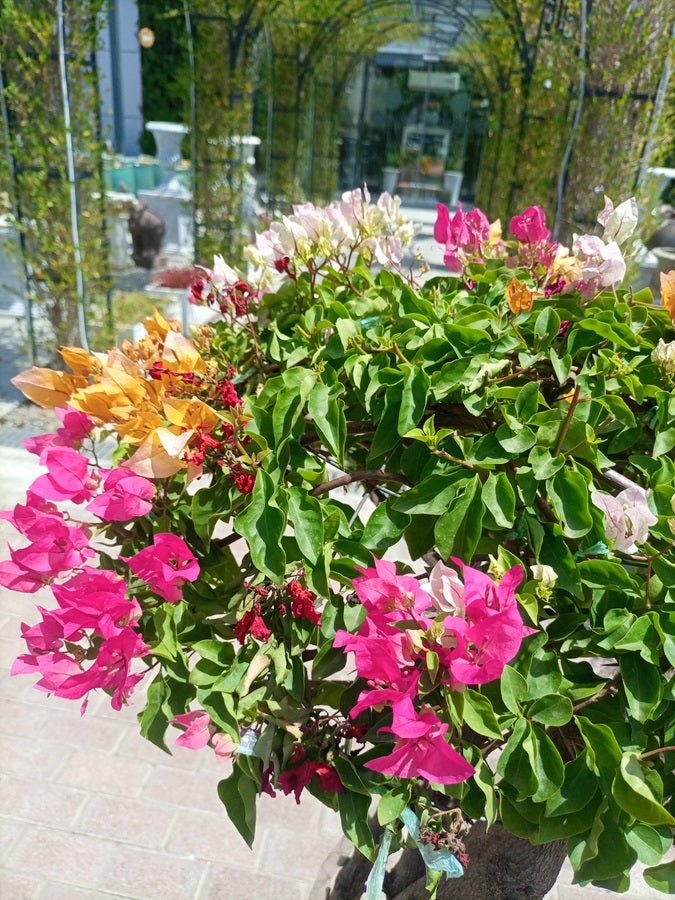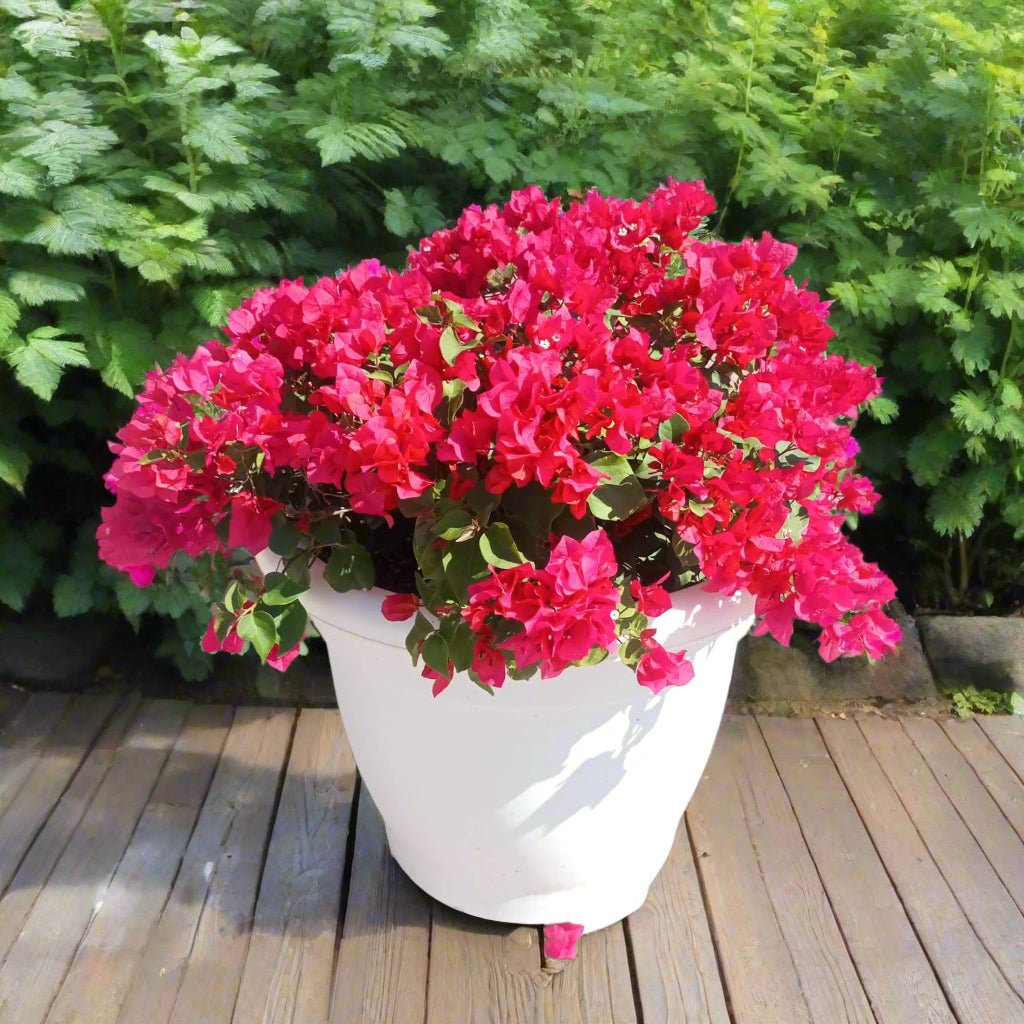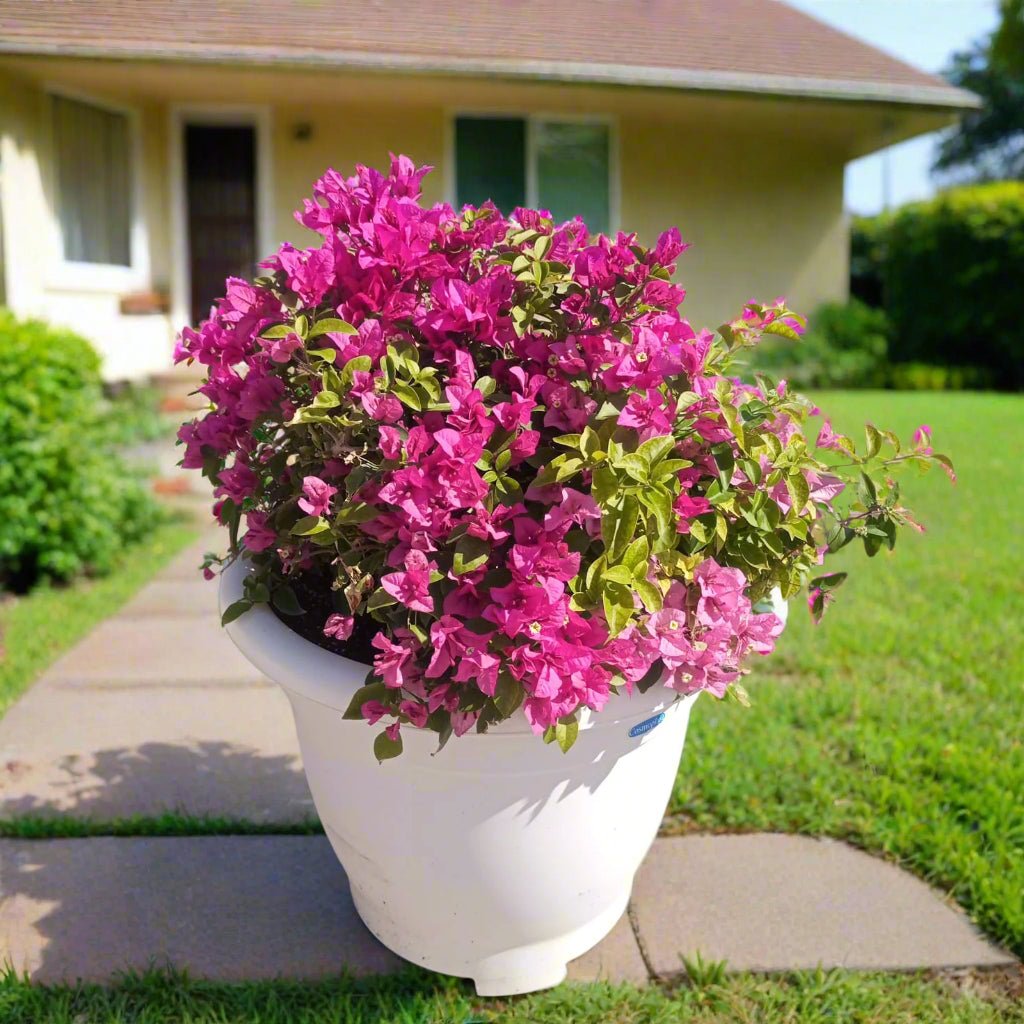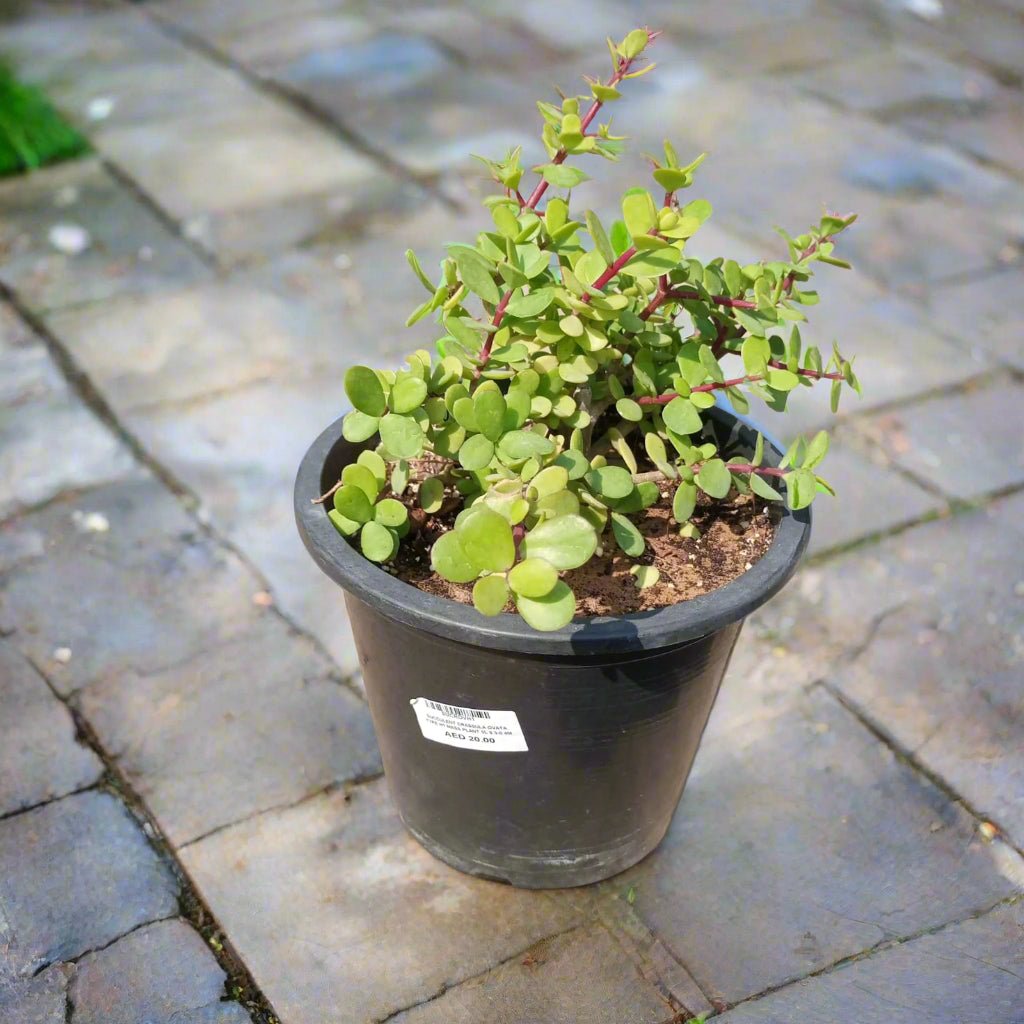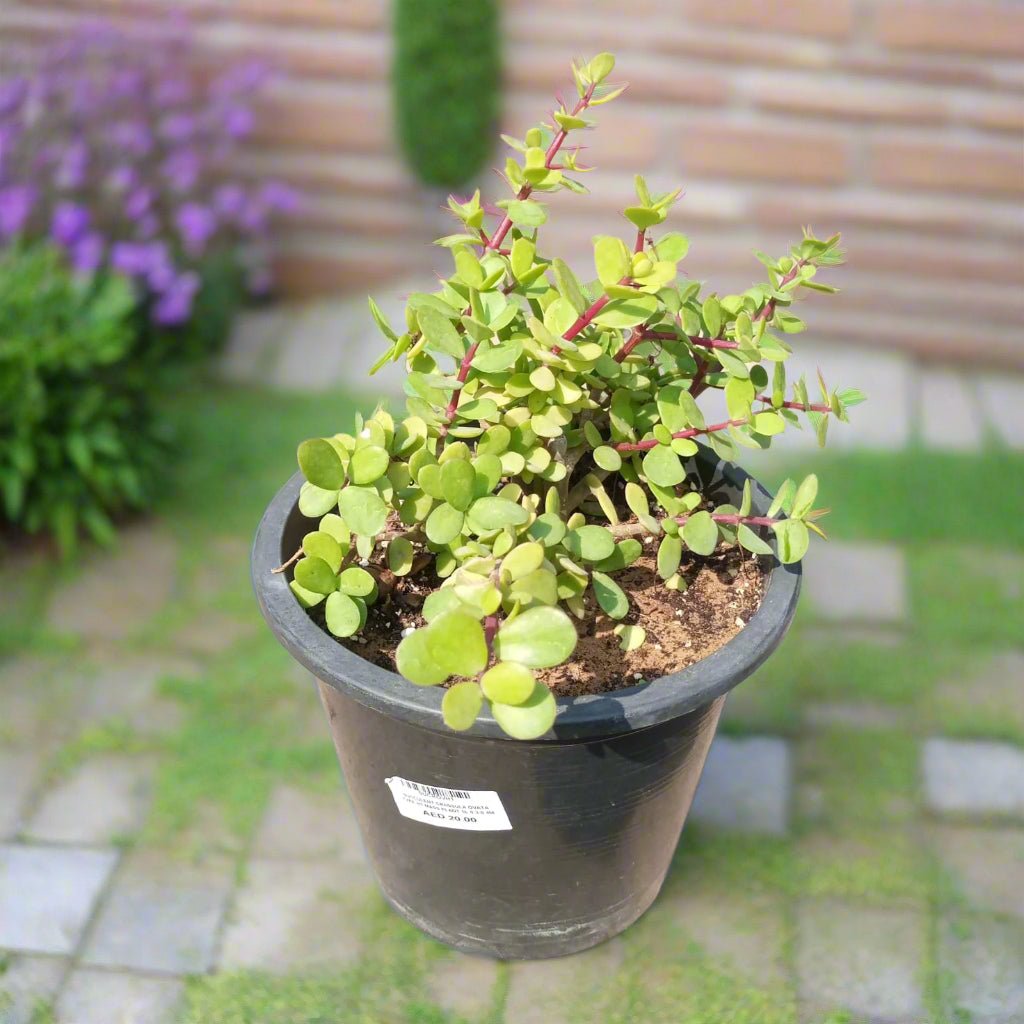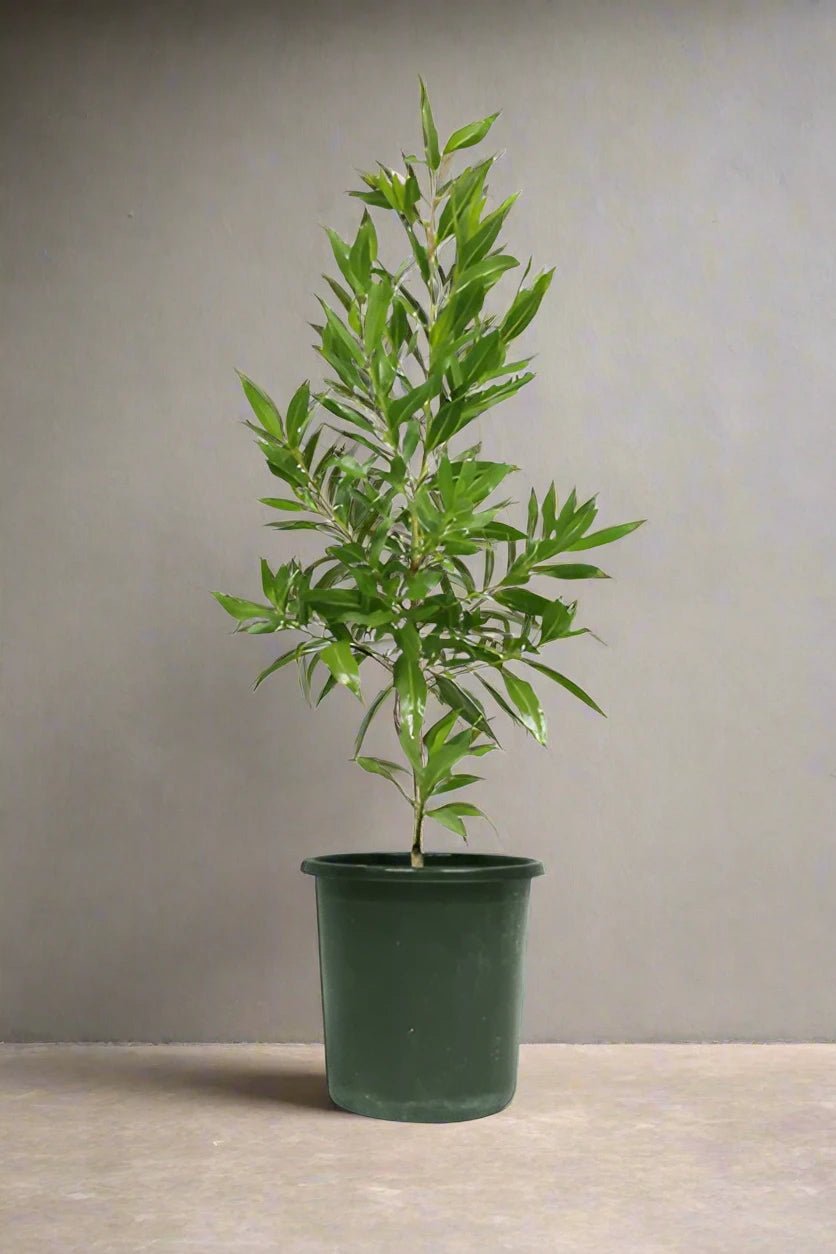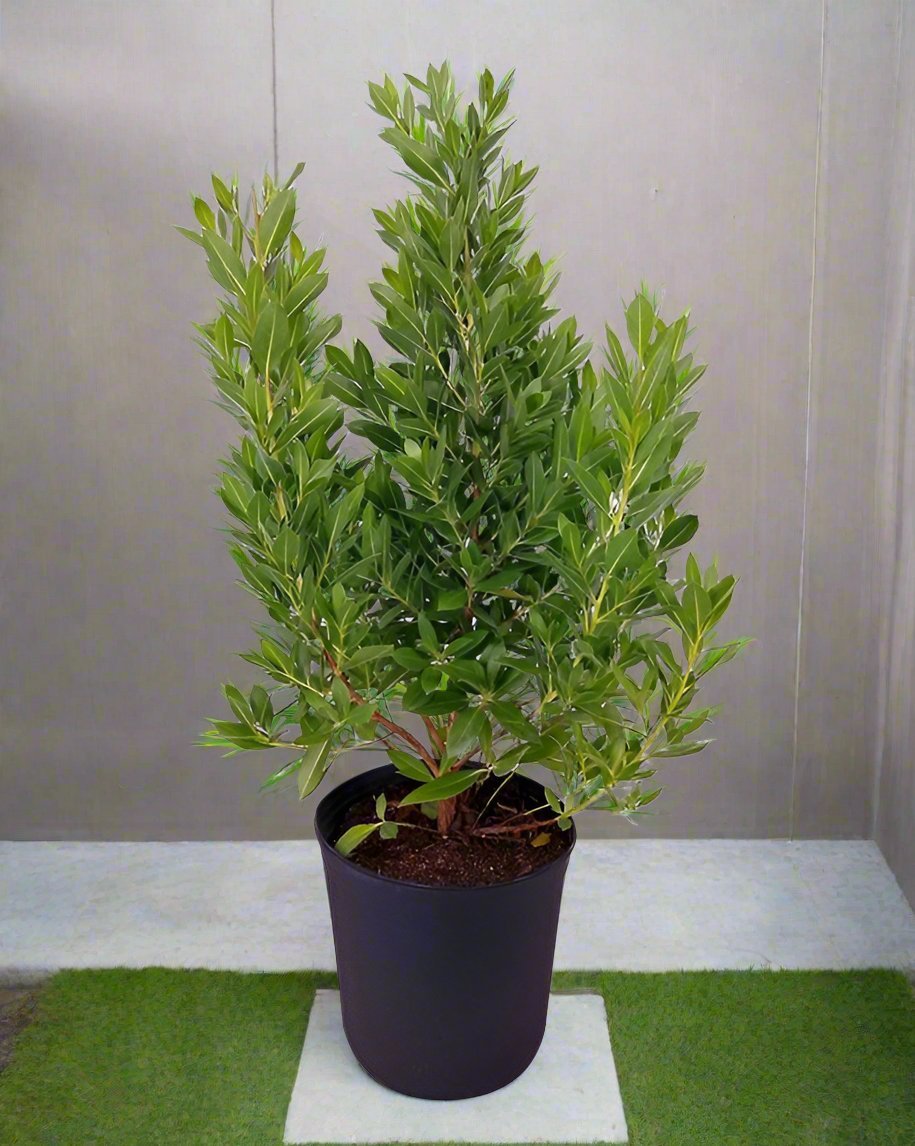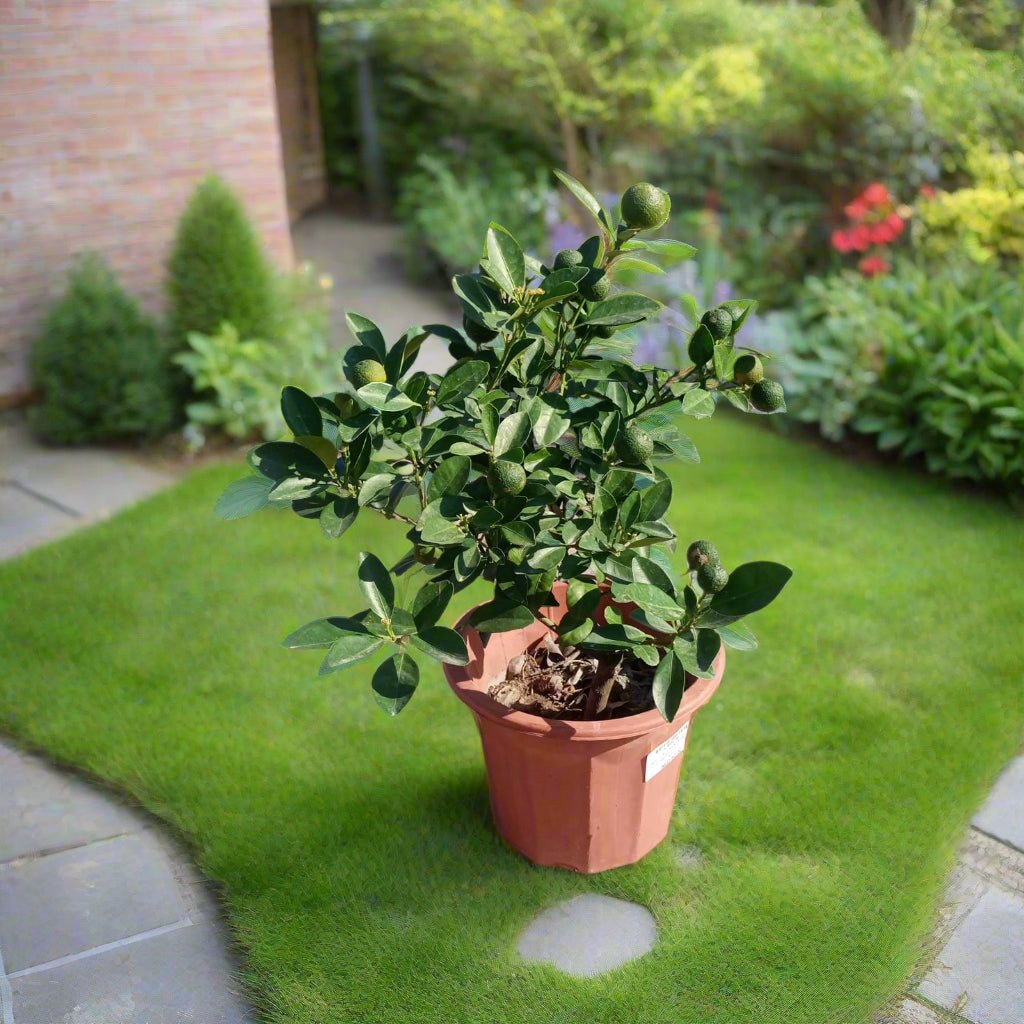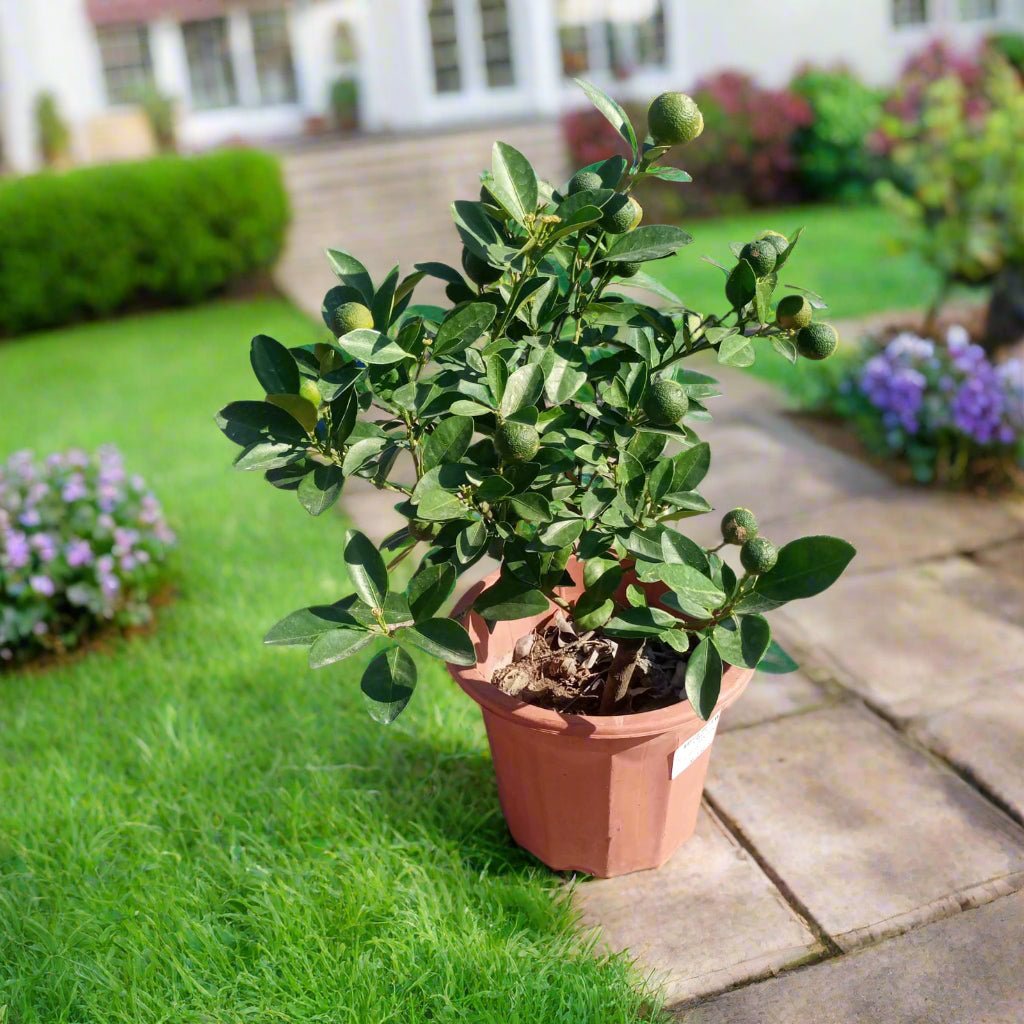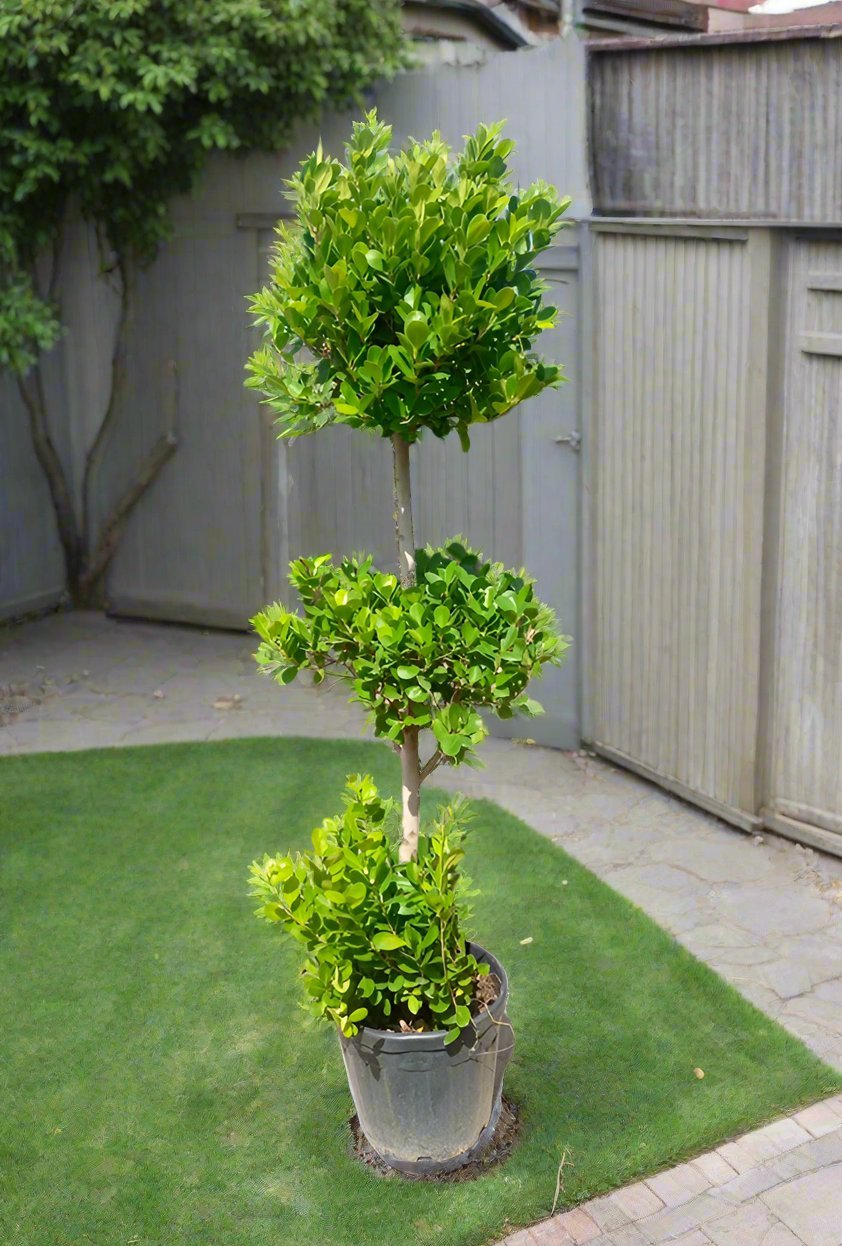شجرة الحمضيات الليمونية نوع 1H، 18LP، 2.0-2.5M
- ✅ Thrives in UAE Climate
- ✅ Perfect for Gardens & Balconies
- ✅ Adds Shade & Natural Beauty
- ✅ Grown Locally with Care
ضمان الخروج الآمن
حصريًا على الموقع - توصيل مجاني في دبي والشارقة
استبدال مجاني إذا تلقيت منتجًا معيبًا أثناء التسليم
📄 Product Description
+🚚 Our Shipping & Delivery
+| Location | Delivery Charges (AED) | Free Delivery (AED) | Schedule Days |
|---|---|---|---|
| Dubai | 25 | 99 & Above | Everyday |
| Abu Dhabi - City | 199 | 499 & Above | Saturday |
| Abu Dhabi - Outskirts (Ruwais, Al Sila, Liwa, Al Batha, Al Ghuwaifat) | 299 | 999 & Above | Saturday |
| Sharjah & Ajman | 25 | 99 & Above | Everyday |
| Northern Emirates (RAK, Fujairah, Khorfakkan, Dibba, Dhaid) | 199 | 499 & Above | Friday |
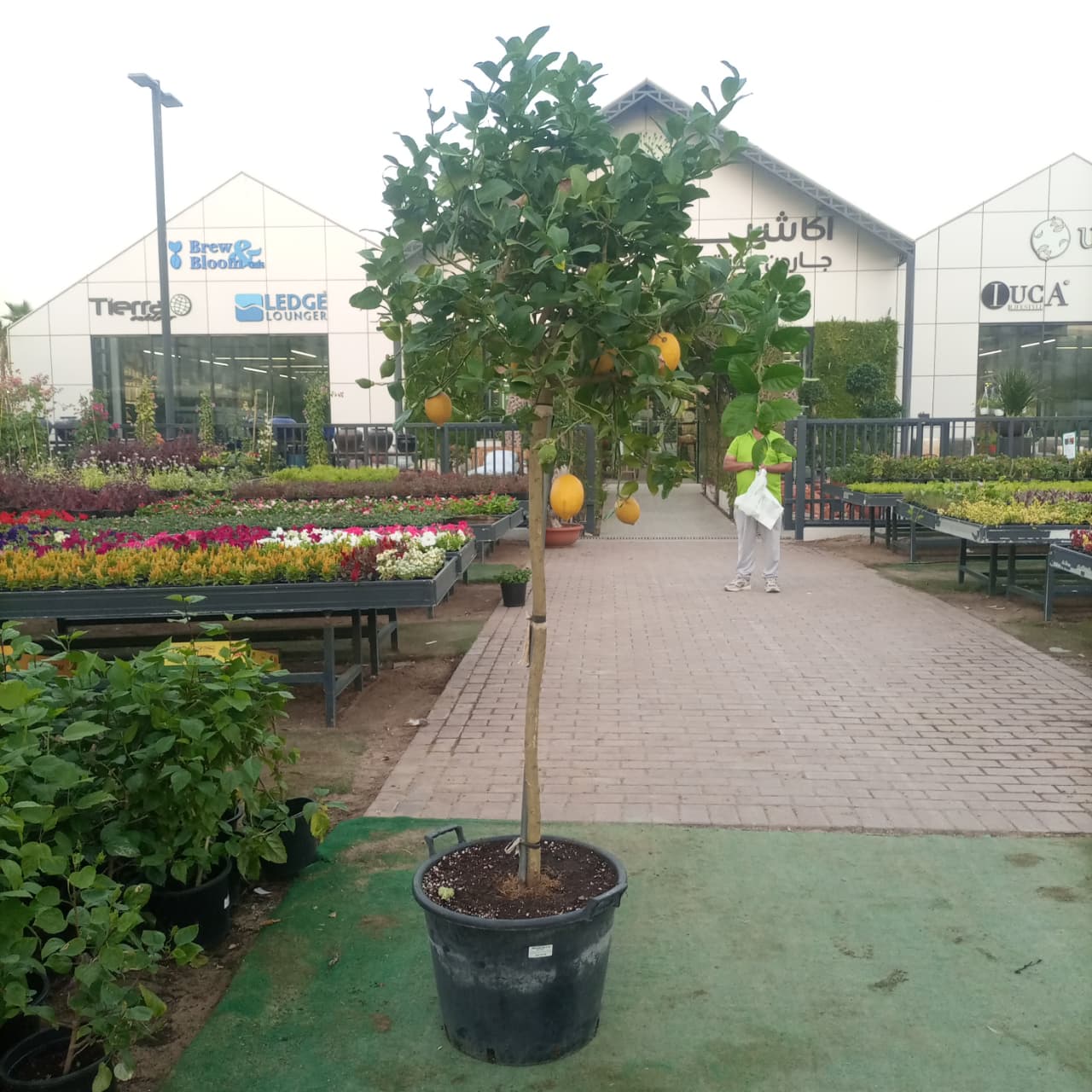
شجرة الحمضيات الليمونية نوع 1H، 18LP، 2.0-2.5M
ادعُ الطبيعة إلى مساحاتك
نحن نؤمن بأن مساحة المعيشة الخاصة بك هي أكثر من مجرد منزل، بل هي ملاذ يمتزج فيه الطبيعة والتصميم بسلاسة. مستوحى من جمال العالم الطبيعي والالتزام بالاستدامة، نصنع منتجات متميزة تضفي على مساحاتك الداخلية والخارجية الحياة والسكينة والأناقة الخالدة.
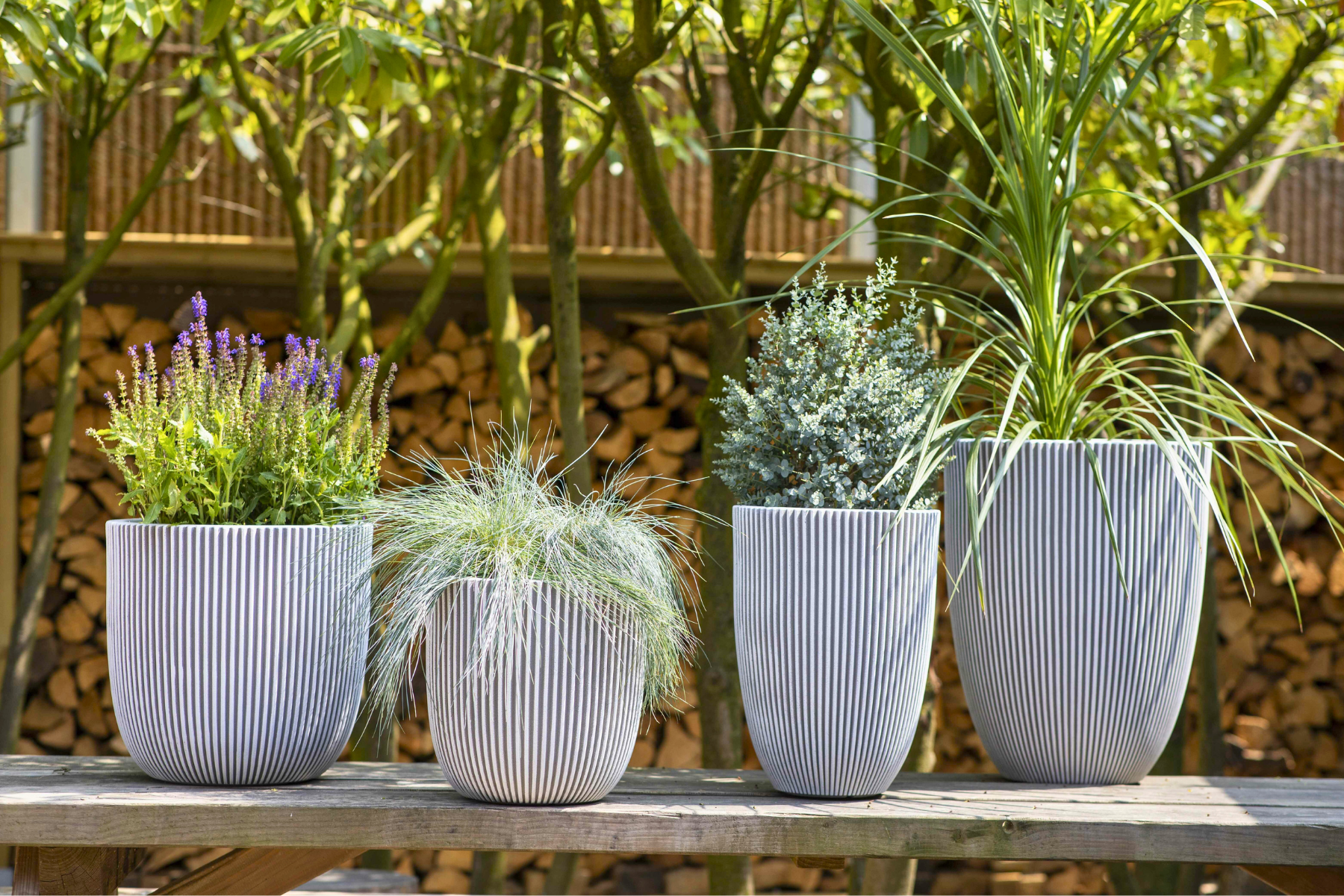
نباتات خارجية نابضة بالحياة
تقدم نباتات الهواء الطلق مجموعة رائعة من الخضرة والأزهار التي تضفي الحياة والحيوية على أي مساحة. هذه النباتات مناسبة تمامًا للحدائق والتراسات والشرفات، وقد تم اختيارها بعناية لتزدهر في ظروف الهواء الطلق. مع مجموعة متنوعة من الأنواع والأحجام، هناك نبات خارجي مثالي لكل بيئة وأسلوب.
تشتهر النباتات الخارجية بجودتها الاستثنائية ومرونتها، ويمكنها تحمل ظروف الطقس المختلفة مع الحفاظ على مظهرها المورق. سواء كنت تقوم بإنشاء مساحة خضراء هادئة أو إضافة لمسة من الطبيعة إلى ديكورك الخارجي، فإن هذه النباتات مصممة لتكمل كل مكان.
احصل على الإلهام
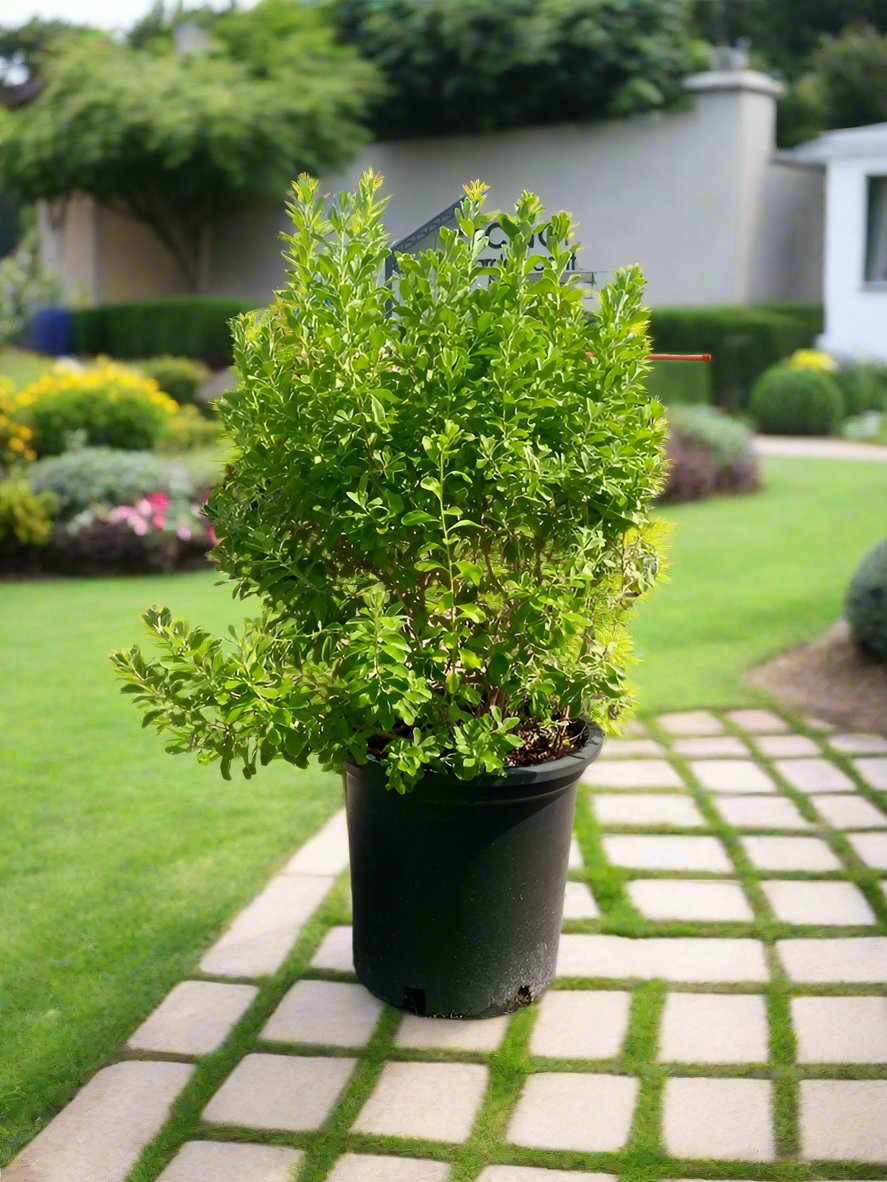
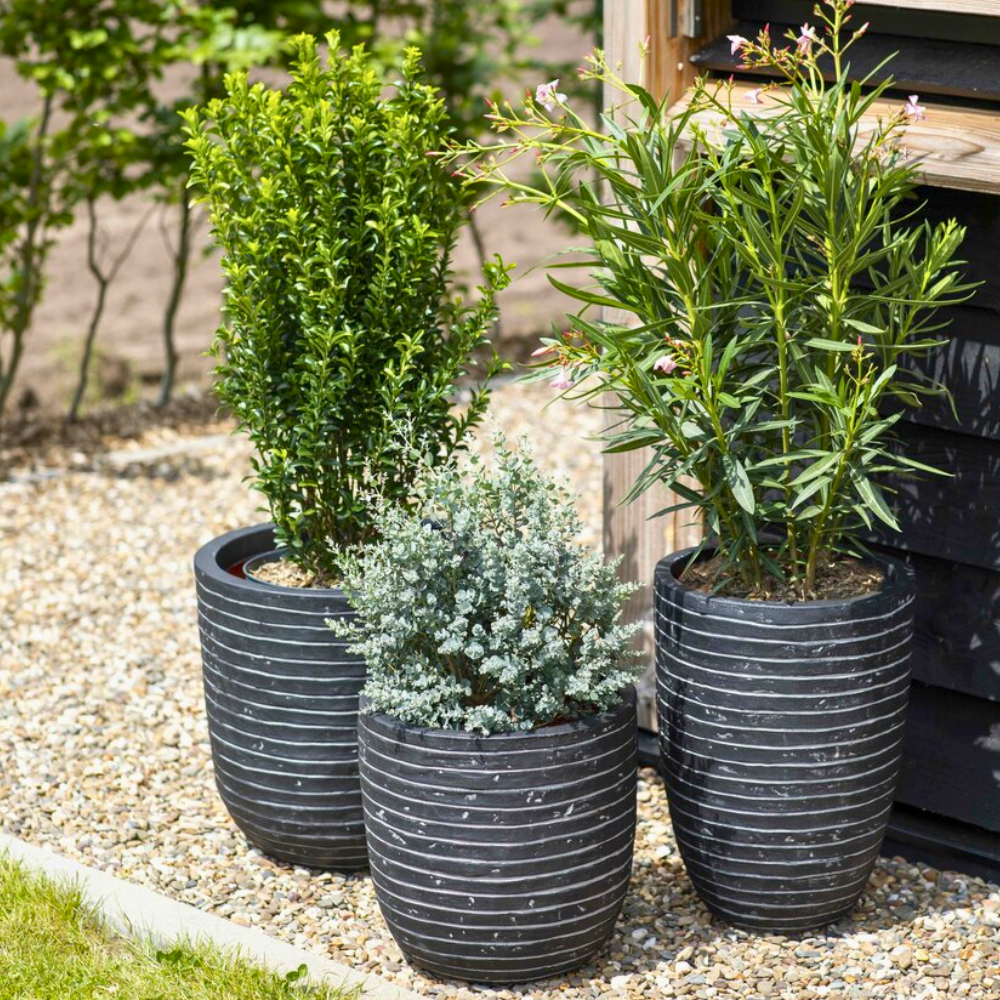
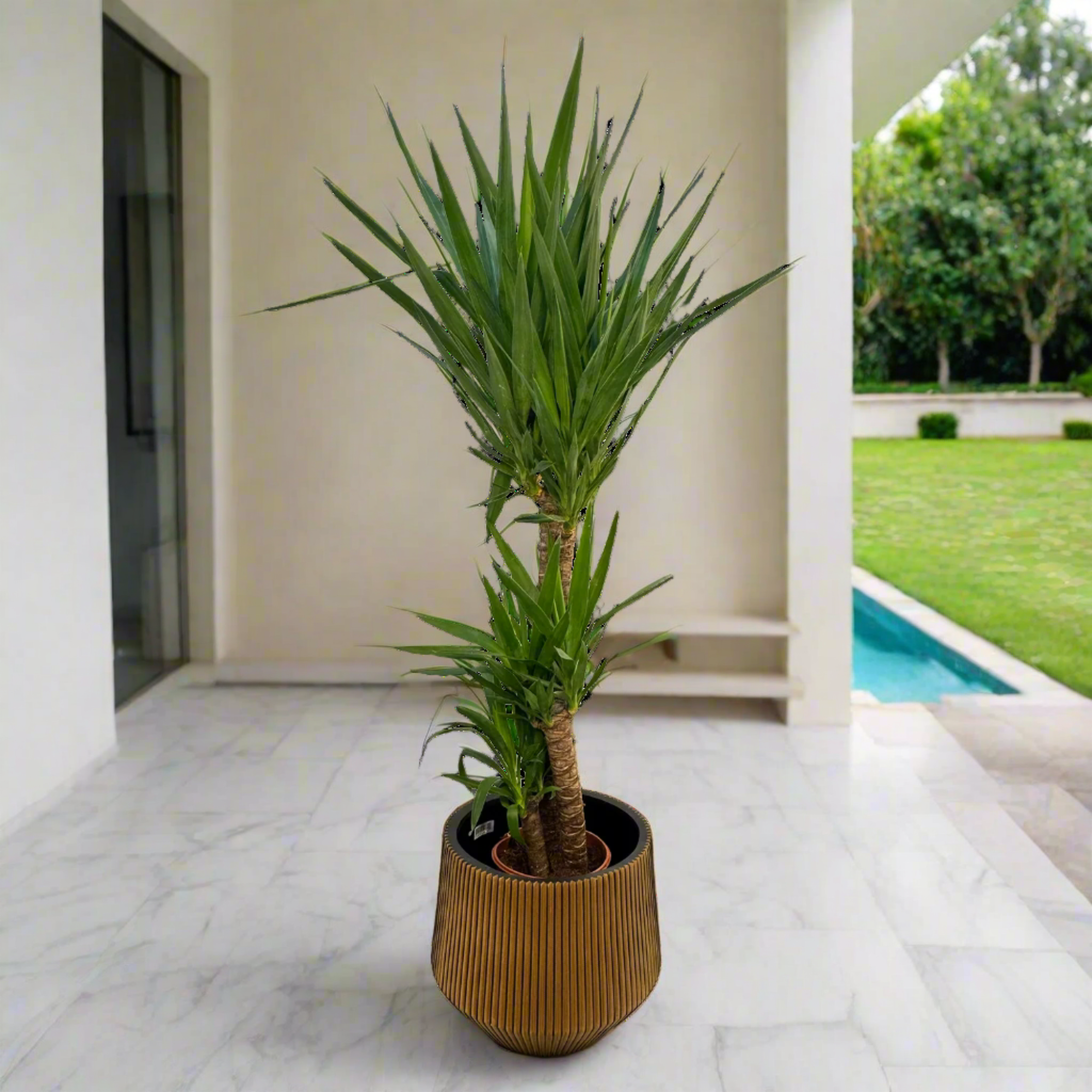
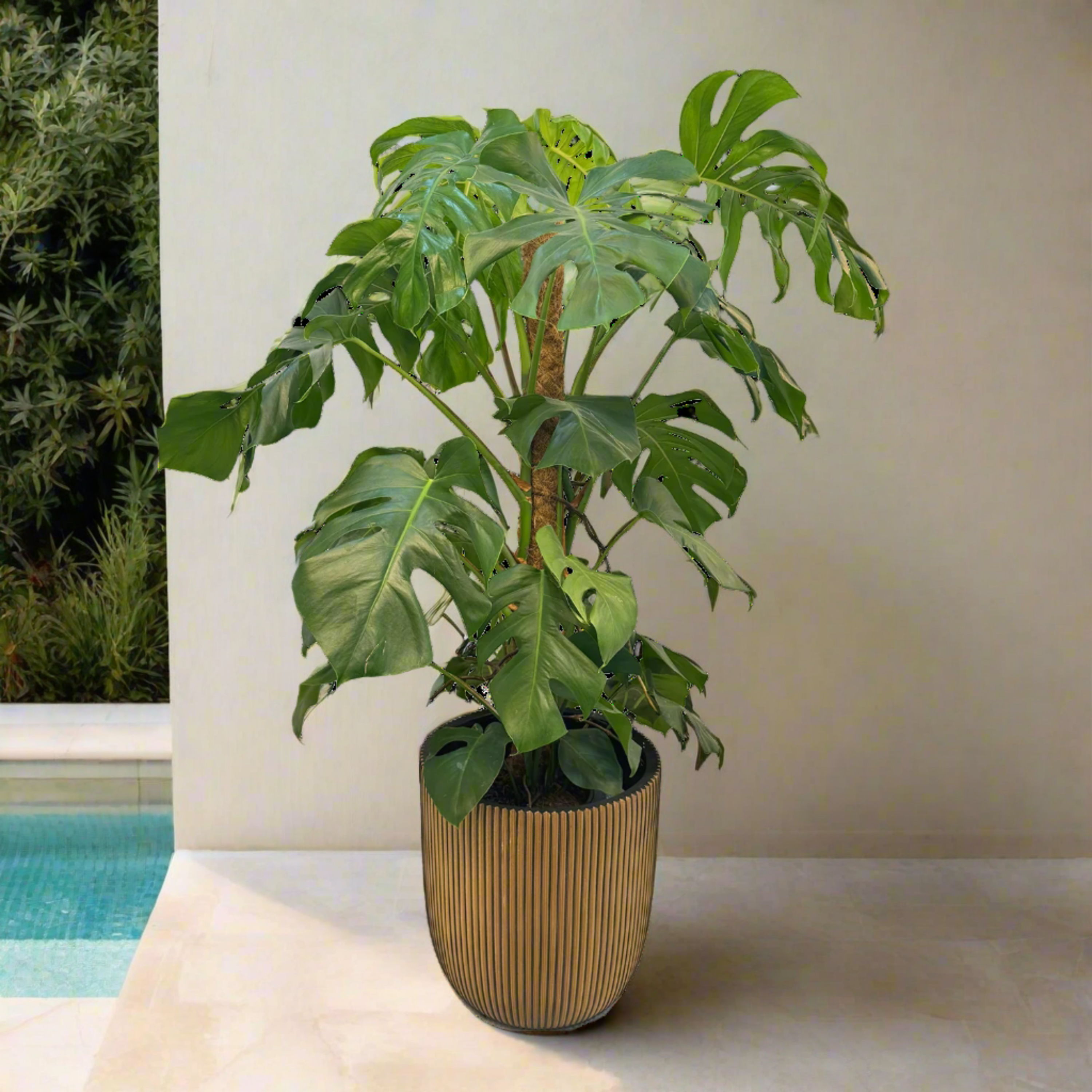
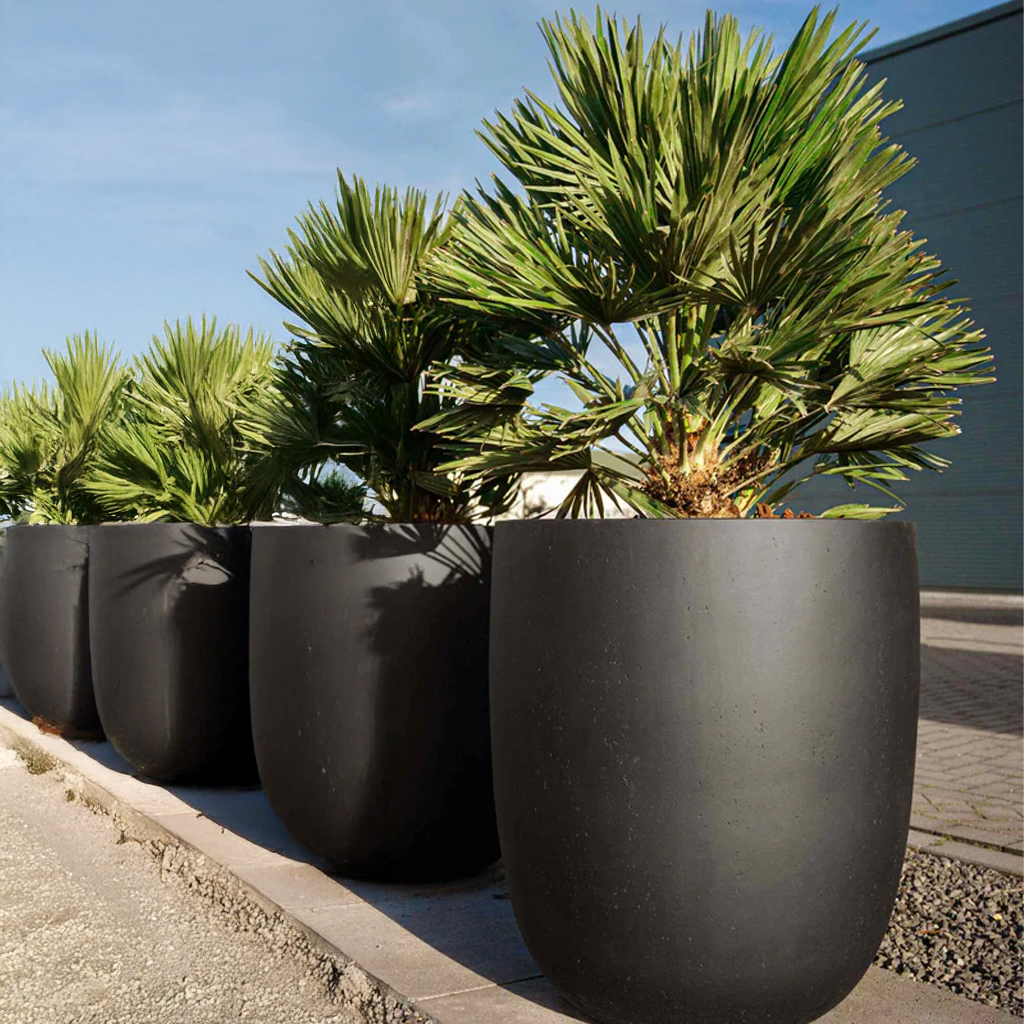
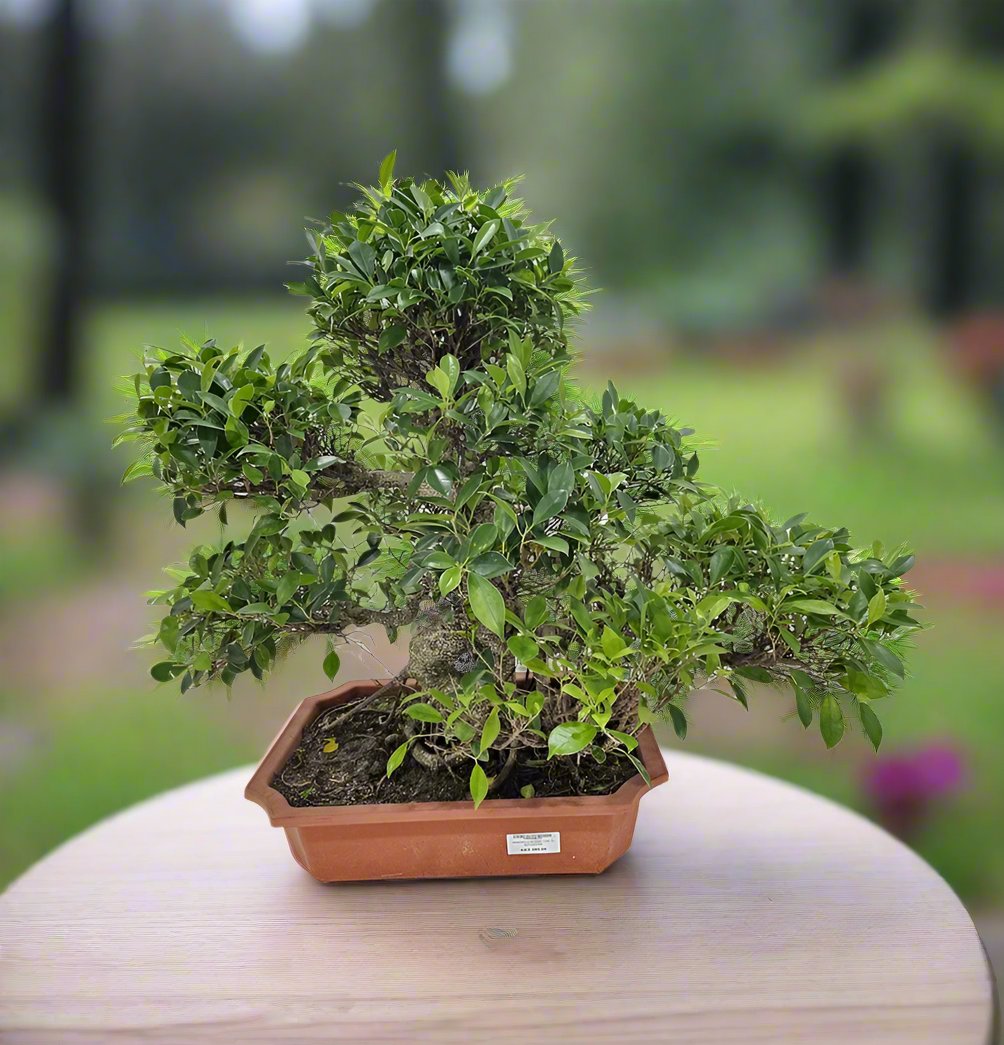
Frequently Asked Questions
Are Capi Europe flower pots suitable for outdoor use?
Yes, all Capi Europe flower pots are weatherproof and designed for both indoor and outdoor use.
What materials are used in Capi Europe products?
Capi Europe flower pots are made from high-quality, lightweight materials with robust textures and finishes that mimic natural elements.
Are there different styles and sizes available?
Yes, Capi Europe offers a wide range of styles, textures, and sizes to suit every plant, garden, or interior decor.
How do I maintain and clean Capi Europe flower pots?
Capi Europe flower pots are easy to maintain. Clean them regularly with mild soap and water, and avoid using abrasive materials to preserve their finish.
Are custom designs or sizes available?
While Capi Europe provides a wide selection of colors and sizes, custom options may be available upon request. Please contact us for more information.
